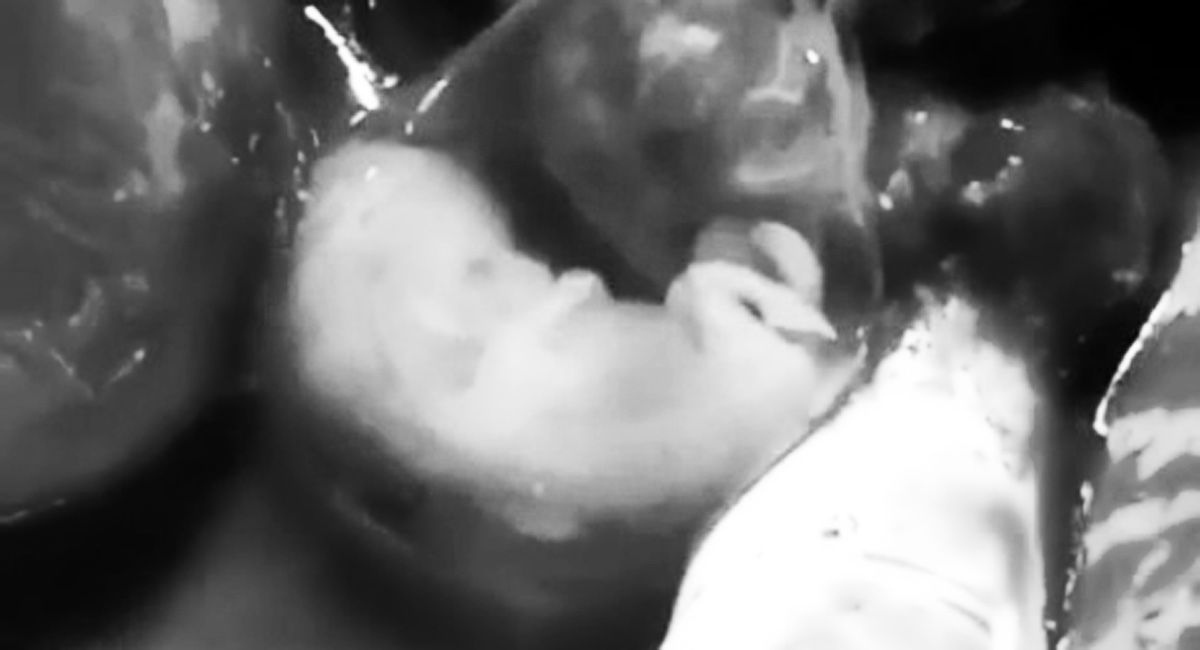Tennessee lawmakers are mobilizing to add exceptions to the state’s trigger law, which protects preborn children from abortion. One senator mentioned the need for abortion exceptions due to medical necessity, specifically in reference to ectopic pregnancy — but an induced abortion and a treatment for ectopic pregnancy are not the same. Induced abortion involves the intentional killing of a child, and is not medically necessary to protect the life of the mother.
State Senator Richard Briggs told WTVF he would support exceptions to save a woman’s life. “It puts me in a difficult position,” Briggs said. “About 1 in 50 to 1 in 100 pregnancies will be tubal pregnancies that can rupture, and that’s one of the leading causes of death in pregnant women: is a ruptured ectopic pregnancy. But if a doctor in emergency circumstances — under the present law, if he operated on a woman with a ruptured ectopic pregnancy, he’s committed a crime; he’s a felon.”
This is false. Tennessee already permits abortion in life-threatening situations. However, what makes their law different is the requirement of an affirmative defense, meaning that the burden would be on the doctor to prove the abortion was medically necessary, instead of on the state to prove that it was not. In any case, the law still permits abortion in cases where the mother’s life is at risk (emphasis added):
[t]he physician determined, in the physician’s good faith medical judgment, based upon the facts known to the physician at the time, that the abortion was necessary to prevent the death of the pregnant woman or to prevent serious risk of substantial and irreversible impairment of a major bodily function of the pregnant woman.
… Medical treatment provided to the pregnant woman by a licensed physician which results in the accidental death of or unintentional injury to or death of the unborn child shall not be a violation of this section.
Induced abortion is the intentional taking of a preborn life and is never medically necessary. If a child’s death is the unintentional result of an early delivery or treatment for an ectopic pregnancy, this is not deliberate and is therefore not an induced abortion, in which a dead child is the intended result.
Dr. Jeffrey Wright, FACOG, recently wrote an article published in Issues in Law and Medicine, serving as guidance as to what is and is not an abortion. Much of the confusion stems from the difference between the phrase “abortion” in medical terminology versus common usage.
“[T]he medical term ‘abortion’ refers to any pregnancy that ends prior to 20 weeks,” Wright explained. “On the other hand, in our common language … we typically use the word ‘abortion’ to mean a procedure that was chosen in order to end a pregnancy that otherwise could have progressed to the delivery of a baby.”
Medically speaking, Wright further added that procedures used to treat ectopic pregnancies, miscarriages (when the preborn child has already died), and anembryonic pregnancies (when an embryo never develops), have not been considered to be abortions, because the intent was not to specifically take the preborn human being’s life. While a preborn child may die because of the procedure needed to save the mother’s life, that is not the specific intention, but an unintended consequence.
“Fetal death can sometimes occur as a complication of an intrauterine surgical procedure to treat a single fetus or to treat an abnormality such as twin to twin transfusion syndrome,” Wright continued. “Again, those occurrences are not viewed as abortions.”
There are some situations where a preborn child might not survive the treatment — like ectopic pregnancy — as Briggs noted. Still, Tennessee’s law already contains provisions to allow for this.
“There is no doubt that the inaccurate and sometimes hysterical comments in the media have many physicians and others in healthcare fearing that they will violate a criminal statute,” Wright said, but concluded, “These laws do not threaten physicians providing legitimate medical care.”








